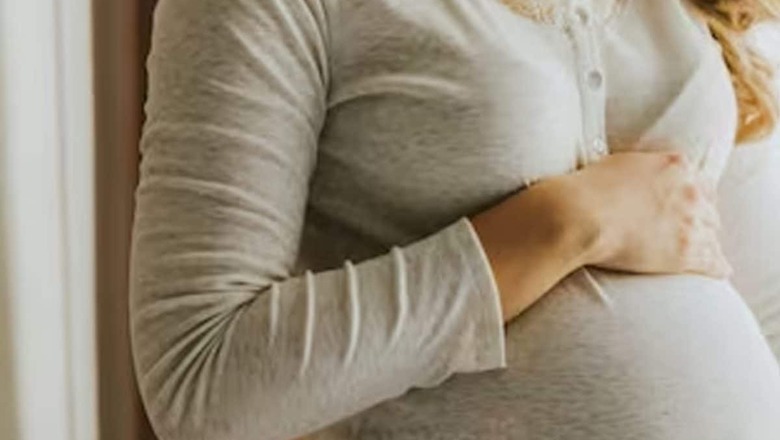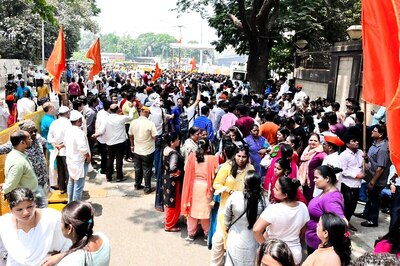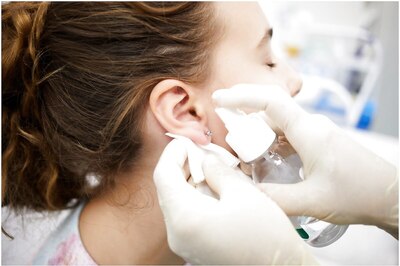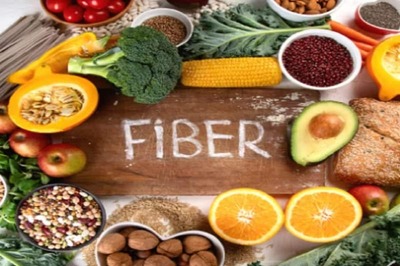
views
Many women often question the ideal age to embrace motherhood, sparking diverse opinions ranging from the early twenties to the 40s. The subject triggers debates and sparks varied perspectives from health experts. This raises the fundamental question: Is there genuinely a right age to become a mother?
Choosing parenthood in later years is a choice for many, but it’s crucial to recognise potential risks and complications linked to pregnancy after 40. While most women deliver healthy babies, proactive preparation before conception becomes crucial. Ensuring your body is in optimal condition is the key to a successful pregnancy.
As per the American Congress for Obstetricians and Gynecologists (ACOG), women reach their peak fertility between 18 and 30 years, with a decline beginning after 30. Post the age of 40, the likelihood of pregnancy significantly decreases. Menopause typically sets in around 50.
In today’s era, technological advancements such as fertility preservation provide women the means to extend their motherhood possibilities. This method enables the preservation of fertility for an extended duration.
What to Do to Become a Mother After the Age of 40?
Dr Sunita Arora, an infertility expert at Fortis La Fame Hospital in Delhi, recommends fertility preservation for women looking to postpone pregnancy.
Freezing eggs before the age of 40 increases the chances of getting pregnant with those eggs in the future, according to experts. By preserving eggs at an early stage, fertilised eggs can be stored for an extended period.
As women age, the likelihood of genetic problems in eggs significantly increases. The probability of Down’s syndrome in a baby born from a mother at the age of 30 is 1 in 900, but by the age of 40, it rises to 1 in 100, indicating a substantial elevation in risk. Consequently, freezing eggs between the ages of 30-35 causes no issues, even for those planning to have children around the age of 40.
Process of Egg Freezing
Dr Sunita Arora underscores the importance of preserving eggs beyond the age of 40, ensuring the genetic potential of the embryo remains comparable to that at the age of 30. Recognising the natural decline in fertility and egg count associated with age, opting for egg freezing emerges as a judicious decision.
The egg-freezing process initiates with essential blood tests, followed by hormonal injections commencing on the second or third day of the menstrual cycle. This 10-12 day procedure, conducted under slight anaesthesia without incisions, is virtually painless, enabling same-day discharge. Resumption of regular activities is feasible 10-11 days after the initiation of hormonal injections.




















Comments
0 comment